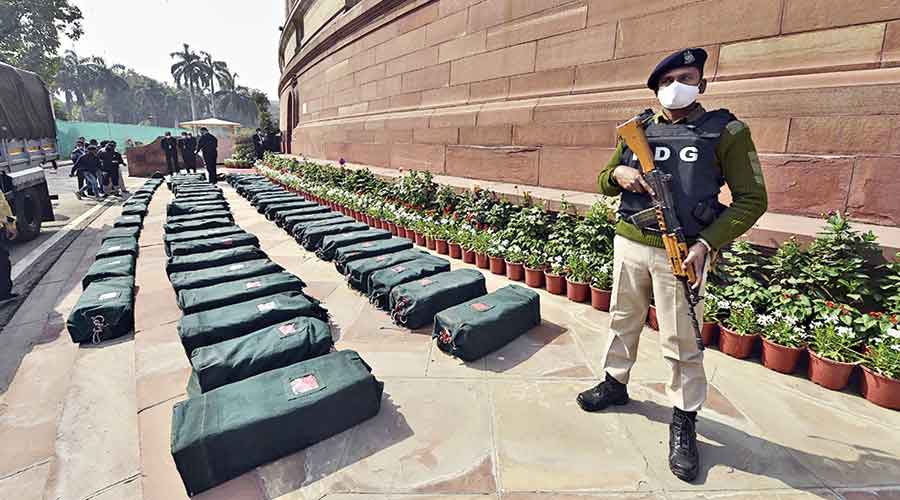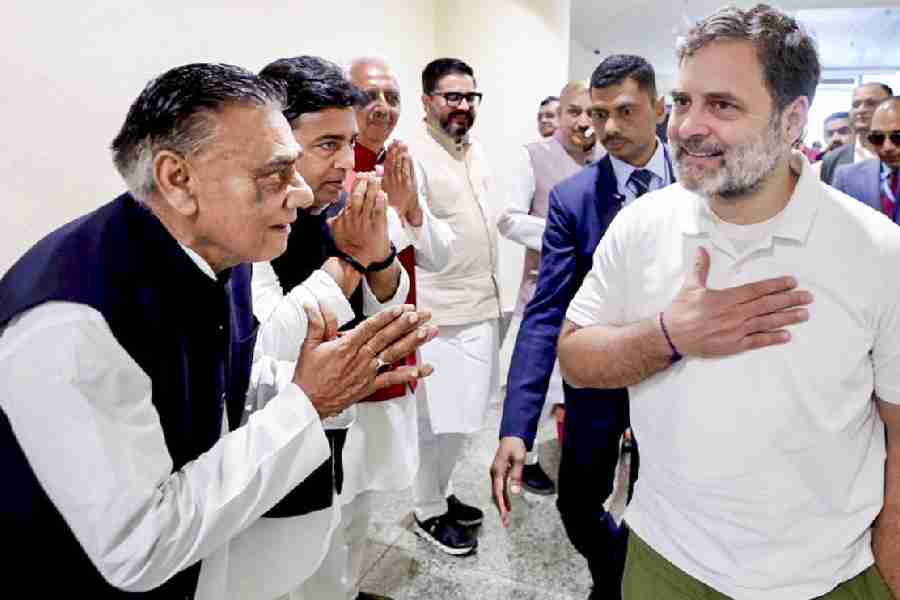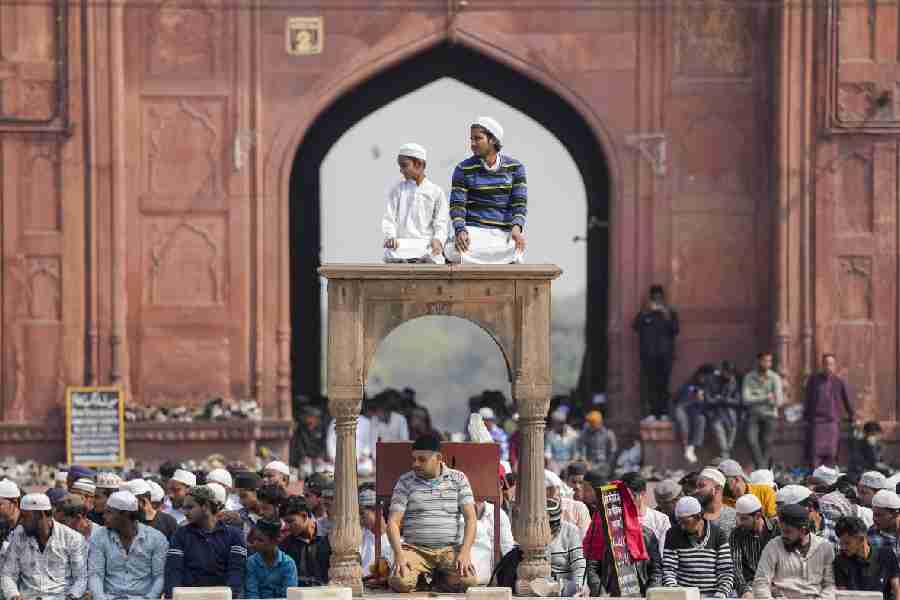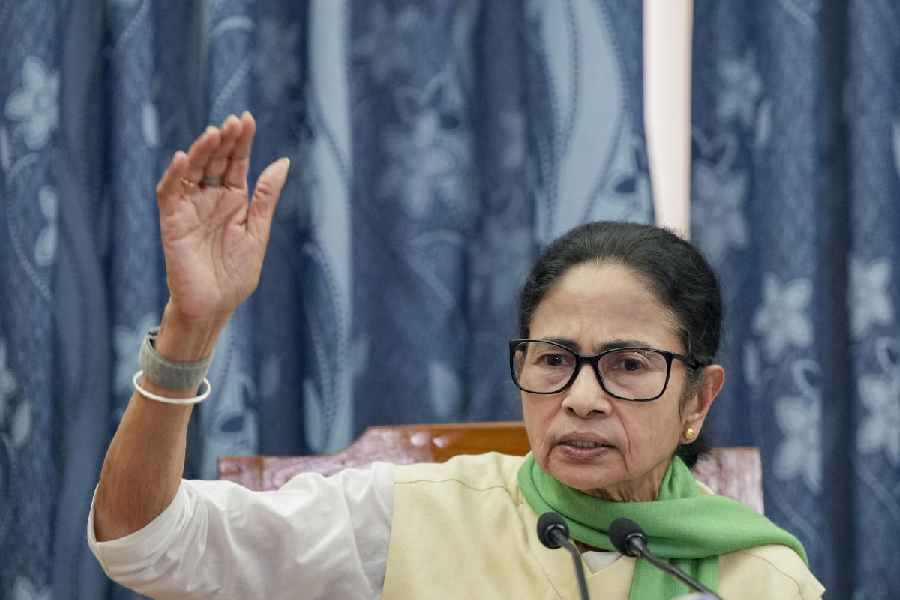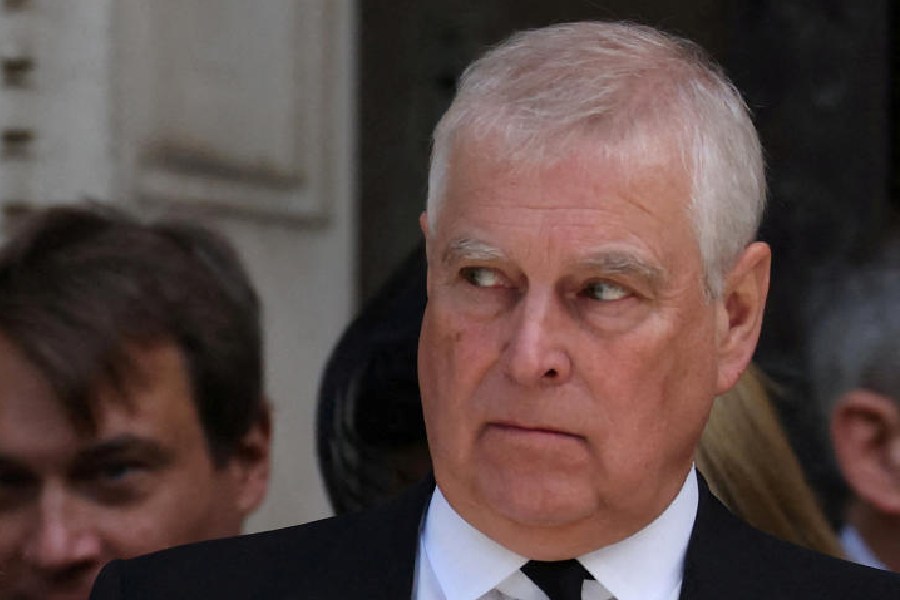The context of this year’s budget was quite unprecedented and it needed a special focus and effort to present a comprehensive and bold budget focused on capital formation and spending.
With the world reeling from the effects of the pandemic and slowing economic indicators, this budget highlights the purpose, resolve and focus to set a new path towards economic resurgence.
While critics may well say that the fiscal health of the country is at stake with the deviation from the Fiscal Responsibility and Budget Management Act 2003, it is been done under extraordinary circumstances but more importantly the capital that is proposed to be deployed are on infrastructure and real assets that will make the economy productive and efficient for the future.
Deployment of capital on healthcare, infrastructure, economic corridors, fishing harbours roadways, water mission and railways to name a few will ensure multi year demand generation of various products and services which should keep the economy strong.
The finance minister hopes to fund the fiscal deficit through market borrowings and privatisation proceeds. The intention on the role of private sector in the future journey of the country is very clear and she even made a clear reference to privatisation rather than disinvestment which has been the political soft landing by most finance ministers in the past.
One of the biggest announcements she made was on the public sector bank privatisation process which is a definite move to consolidate the banking sector and make the sector more robust.
There were lot of policy changes announced for the financial sector, including liberalisation of foreign holding in the insurance sector with safeguards, but the big one was the formation of the Asset Reconstruction Company or the Bad Bank for non-performing loans which will warehouse the loan till the assets are potentially auctioned and the loan assets monetised.
The formation of a new development finance institution (DFI) is the need of the hour if India plans to make huge investments in infrastructure as efficient project financing and risk management becomes crucial for these large investments.
The national infrastructure investment fund (NIIF) formed a few years back along with the proposed DFI could make a big difference in the availability of capital for the future to fund infrastructure.
I also felt that it was a mature approach on the part of the finance minister and the government to not tinker around with the taxation structure after the big changes undertaken last year. Stability of the taxation structure helps in bringing certainty to investors and tax payers.
My only health warning is on the ability to execute. Many of the reforms would come unstuck unless we get the execution done well. Most critical among them is the privatisation initiative which is targeted at a staggering Rs 1.7 lakh crore. Many of the assets are not the best in class and that adds significant complexity to the transaction and valuation.
There are lots of reforms and a sense of purpose in the budget to drive growth. If as a nation we can execute it well, India has the potential to stand out on its economic performance in the future.
- Koushik Chatterjee is executive director and chief financial officer, Tata Steel

